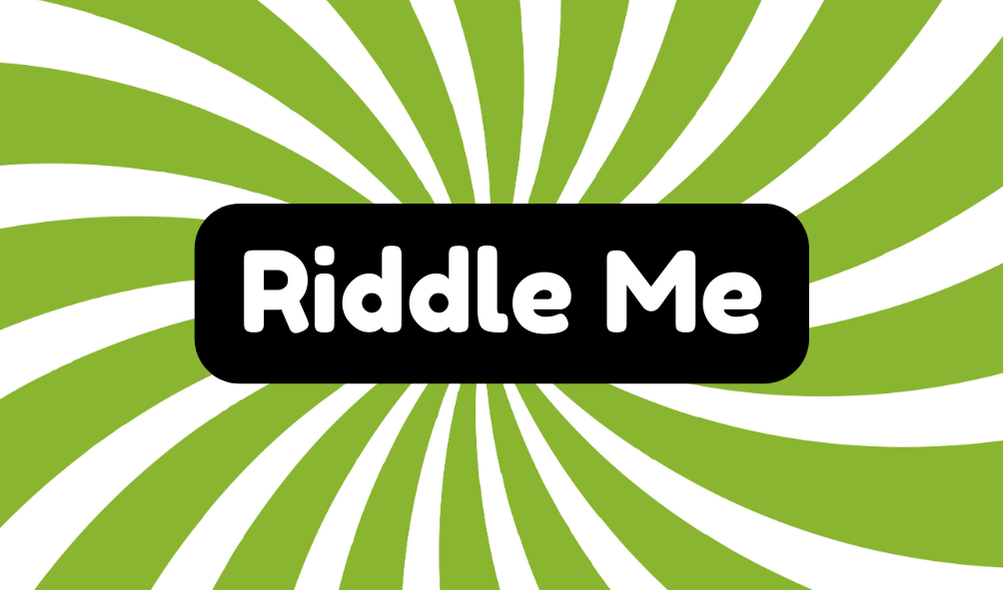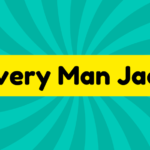"Riddle me" refers to a playful challenge, inviting you to engage with a puzzling question or statement. The term dates back to the early 1600s and became popular through literature and culture, including the enduring character, the Riddler, from Batman. Examples include, "What has keys but can't open locks?" This phrase serves as an invitation to think critically and question assumptions. Today, riddles remain relevant, enhancing cognitive skills in classrooms and igniting social conversations. They stretch your thinking, making you consider deeper meanings. If you're intrigued by the history and significance, there's more to uncover about their impact.
Synonyms
Since the concept of riddles has permeated various cultures over time, you'll find several synonyms that capture their essence. These alternatives don't just enhance language; they spark playful questioning and stir curiosity. Consider these riddle alternatives:
- Brain Teasers: Challenges designed to engage your mind and stretch your thinking.
- Conundrums: Complex puzzles that invite a deeper level of thought, often with a twist.
- Enigmas: Mysteries that provoke intrigue, pushing you to decode their secrets.
While these terms might seem interchangeable, they hold unique flavors that enrich conversation and learning. However, remember that relying solely on these synonyms won't transform your questioning into true intellectual engagement; context and perspective are key for innovation in thought!
Example of Sentences
Riddles often invite playful curiosity and challenge your thinking, making them a favorite among people of all ages. They capture attention with their cleverness and demand creative responses. Here are a few examples of how you can engage others with riddle usage:
- "Despite acting so confidently, riddle me this: how will individuals comprehend all that money within a day?"
- "Riddle me that: how can something be both true and false?"
- "How will you pay for all your plans if you quit your job? Riddle me that."
These rhetorical questions reflect a deeper exploration of how we perceive everyday dilemmas. So, the next time you're pondering something peculiar, challenge yourself and others with a riddle—it's more enlightening than you might think!
Origin
Have you ever wondered where the term "riddle" originated? Tracing back to 1615, this word was first associated with brainteasers. Its historical usage gained traction in the 1693 works of John Dryden, where it was employed as a fascinating puzzle prompt. By the early 1700s, riddles were being featured in plays, enchanting audiences with their intrigue. Jamaican chants referenced riddles as early as 1924, highlighting their cultural significance beyond mere entertainment. Yet, it wasn't until the 1960s, with the introduction of Batman's Riddler, that riddles truly took center stage in popular culture. While they amuse, it is important to critically examine how riddles have evolved and influenced various forms of media over time.
Collocations
Collocations involving the word "riddle" play an essential role in understanding its usage and nuances in conversation. When discussing riddle challenges, you'll often hear phrases that evoke a sense of curiosity and engagement, urging you to ponder deeper meanings. Here are some notable collocations:
- Riddle me this: a playful invitation to question assumptions.
- Riddle of life: a profound inquiry about existence.
- Riddled with questions: an expression of uncertainty and exploration.
These collocations reflect the art of playful questioning—inviting dialogue while also challenging conventional thought. Engaging with riddles isn't just for fun; it requires a critical mindset. By embracing these phrases, you enrich your conversations and stimulate innovative thinking, revealing the layers of complexity in simple inquiries.
How to Use in Everyday Language
Using riddles in everyday conversation can spark curiosity and encourage deeper thinking. You might wonder how to incorporate brain teasers into your discussions. Start by asking a thought-provoking riddle when the moment feels right, especially during engaging conversations. It's an excellent way to shift the focus and challenge your friends or colleagues. Remember, the goal isn't just to stump them; it's about fostering an environment of inquiry and reflection. When you sprinkle these riddles into dialogue, you'll likely enhance the discussion's depth. Just make sure they're appropriate for the context, as overusing them can feel forced. By balancing humor and skepticism, you can invite others to think critically while keeping the conversation lively and enjoyable.
Why Is It Still Relevant Today?
Riddles continue to hold their ground in today's society because they ignite curiosity and stimulate critical thinking. Their cultural significance remains strong, revealing truths about society's norms and values. In our fast-paced world where critical thinking is increasingly important, riddles offer a unique way to engage minds. Here's a quick look at their modern relevance:
| Cultural Significance | Modern Relevance |
|---|---|
| Ancient origins | Social media trends |
| Folklore connections | Educational tools |
| Entertainment value | Cognitive workouts |
| Artistic expression | Team-building exercises |
| Conversation starters | Innovation in storytelling |







